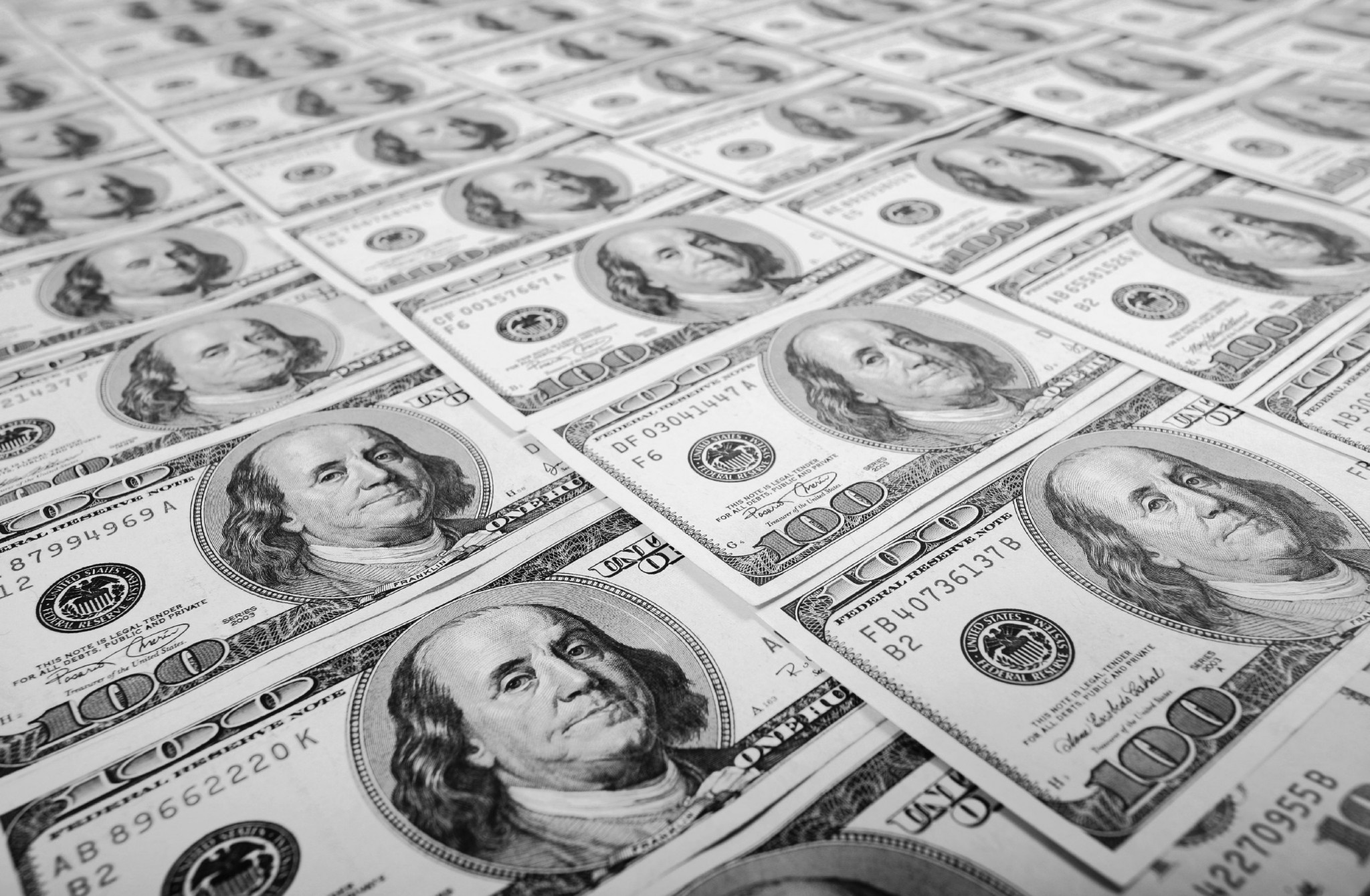The US Senate voted through a financial stimulus package that included nearly $60 in aid for the country’s airline sector, although caps on senior management pay and share buybacks are attached.
The giant stimulus bill gives $25 billion in loans and loan guarantees for passenger airlines, and an additional $4 billion for cargo air carriers. It also gives airlines $25 billion in grants to pay workers through September with cargo firms getting an additional $4 billion.
There are a number of conditions attached to the state aid, including a bar on buying back share of their own stock or issuing dividends, while executive pay is capped at 2019 levels.
The loans are also linked to jobs with airlines which are accepting now prohibited from laying off or furloughing workers until aid September 30.
The loans would be structured so that the US government would take an equity interest in the companies until the loan is paid back, although the language around exactly what form this would take wasn’t clear.
The bill merely said: “The Secretary may receive warrants, options, preferred stock, debt or other instruments (in determination of the Secretary) to provide compensation for the Federal Government.”
Boeing has publicly said it would reject any equity for loan proposals and an analyst note from JP Morgan said it expected the airline sector to take a similar approach, but that the package balanced the needs of the aviation sector and the broader economy.
“Based on our initial read of proposed language, we believe U.S. airlines will apply for their share of $25 billion in wage grants, but will not yet apply for loans. On the subject of grants, we view this as the best near-term outcome for labor and, by extension, stakeholders and tax payers, as near-term liquidity is bolstered without burdening balance sheets (though we still expect that to come later) or contributing to unemployment."
However, JP Morgan said that what it termed, “disaster aid”, buys time for US airlines it does not solve the current crisis.
One thing absent from the bill was any link to climate change or emissions and this was seized upon by environmental lobbyists with Elizabeth Gore, senior vice president of the Environmental Defense Fund (EDF) putting out a statement criticising this ommission.
“As our country faces the onslaught of the coronavirus, we need quick action to protect our health and economy. But Congress must ensure that federal assistance to companies does not make the climate crisis worse for our children by increasing pollution.
Unfortunately, big businesses and their defenders in Congress defeated an effort to invest in a cleaner, safer world by reducing pollution from airlines.
Taxpayers, many of whom are now struggling financially, have the right to expect responsible behavior by companies in exchange for these bailouts.
Instead, taxpayers will pay twice — once now to the airline companies, and later in the form of tens of billions of dollars in additional damages from climate change", said Gore.

